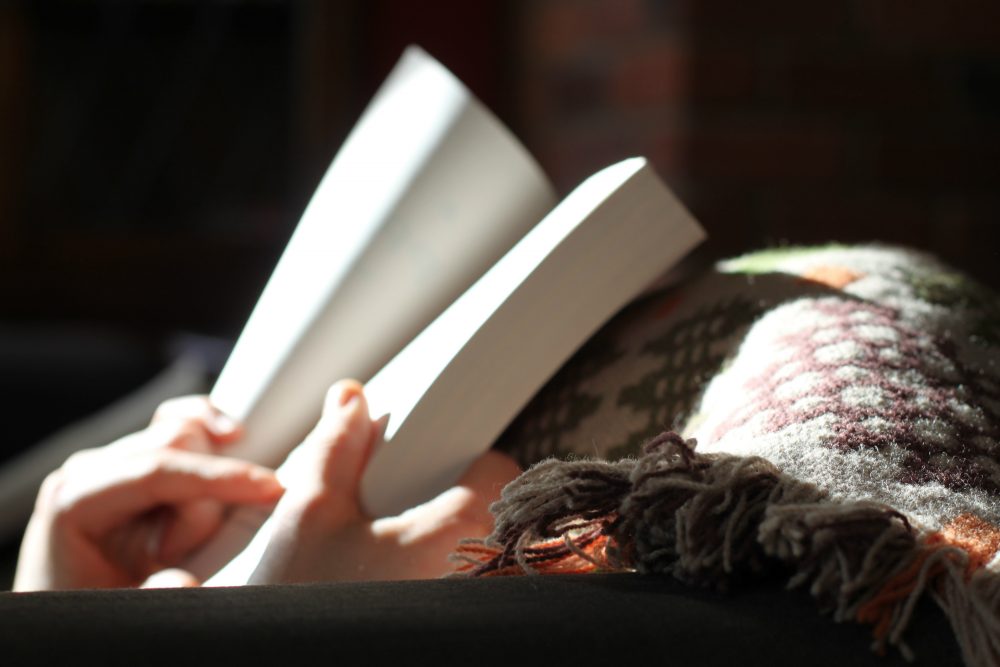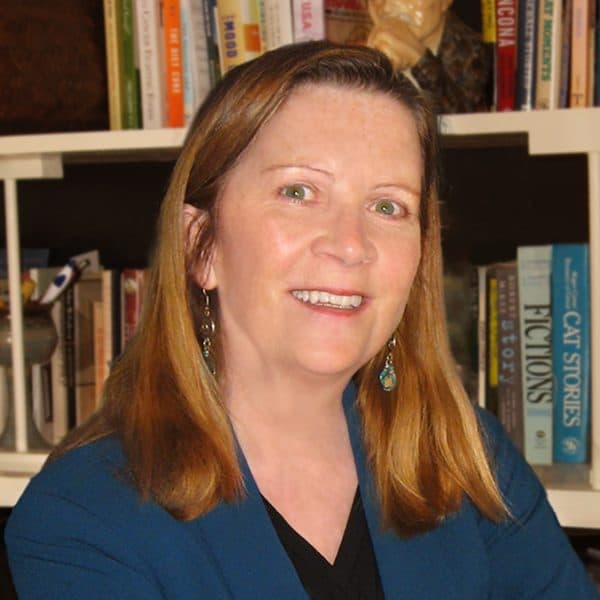Advertisement
When Even Words Fail

For more than four decades, I’ve been practicing a homegrown version of bibliotherapy, the act of finding comfort and clarity in literature and writing. Since November 9, that effort has failed me.
It wasn't always so. Ever since I picked up my first children's novel, reading had the power to calm me, to deliver a more coherent and stable world than the real world outside my bedroom window.
During the turbulent teenage and college years, during broken romances and dorm-room spats, I found myself reciting lines of poetry as a secular prayer.
...for all these years, amid private and public tragedies, I have found great solace, great common sense in poetry.
“In Time of the Breaking of Nations,” a poem that Thomas Hardy wrote in 1916, became my favorite:
I
Only a man harrowing clods
In a slow silent walk
With an old horse that stumbles and nods
Half asleep as they stalk.II
Only thin smoke without flame
From the heaps of couch-grass;
Yet this will go onward the same
Though Dynasties pass.III
Yonder a maid and her wight
Come whispering by:
War’s annals will cloud into night
Ere their story die.
Though he’s mainly celebrated for his novels, Hardy seduced me with his poems. It was 1978. Back then, Hardy was part of my native Ireland's state curriculum for our school-exit exams, similar to the baccalauréat in France.
Since then, other writers have joined that cast of trans-Atlantic scribes whose words have become my emotional “blankie.”
Overwhelmed or anxious? I could count on Wendell Berry's "The Peace of Wild Things" to bring a sense of perspective and joy:
When despair grows in me
and I wake in the night at the least sound
in fear of what my life and my children's lives may be,
I go and lie down where the wood drake
rests in his beauty on the water, and the great heron feeds
I come into the peace of wild things
who do not tax their lives with forethought
of grief. I come into the presence of still water.
And I feel above me the day-blind stars
waiting with their light. For a time
I rest in the grace of the world, and am free.
When I feel creatively blocked or just plain grumpy, a Mary Oliver poem like “Wild Geese” reliably short circuits my inner pity party and inspires me to go for a brisk walk:
You do not have to be good.
You do not have to walk on your knees
for a hundred miles through the desert repenting.
You only have to let the soft animal of your body
love what it loves.
Tell me about despair, yours, and I will tell you mine.
Meanwhile the world goes on.
Meanwhile the sun and the clear pebbles of the rain
are moving across the landscapes,
over the prairies and the deep trees,
the mountains and the rivers.
Meanwhile the wild geese, high in the clean blue air,
are heading home again.
Whoever you are, no matter how lonely,
the world offers itself to your imagination,
calls to you like the wild geese, harsh and exciting -
over and over announcing your place
in the family of things.
Ten years ago, when I returned to the U.S. after burying my mother back home, I found myself frantically searching through my bookshelves for Emily Dickinson. There she was — phew! -- and here was the poem, "The Bustle in a House," I needed:
The Bustle in a House
The Morning after Death
Is solemnest of industries
Enacted opon Earth –The Sweeping up the Heart
And putting Love away
We shall not want to use again
Until Eternity –
So for all these years, amid private and public tragedies, I have found great solace, great common sense in poetry. I recognize in my go-to poems a recurring theme: a defiant celebration of the small and ordinary life. The man harrowing clods or the farmer burning couch grass or the lovers whispering in a country lane — these down-home things endure. Or, as Mary Oliver has it, “Meanwhile the world goes on.”
Since Election Day, I learned that poetry-as-therapy has its limitations. This time, for this tragedy, the words don't assuage, and new ones — my own — won’t come.
Where have all the words gone? What’s different?
I fear for our small and ordinary lives. Even before polling day, the campaign had set us against and upon each other. I worry that the next four years will erode our individual and collective ability to keep on keeping on.
Advertisement
John Milton wrote, "Apt words have power to assuage the tumors of a troubled mind."
These days, the best that I can summon is a line from “Macbeth:”
“What fresh hell is this?”

